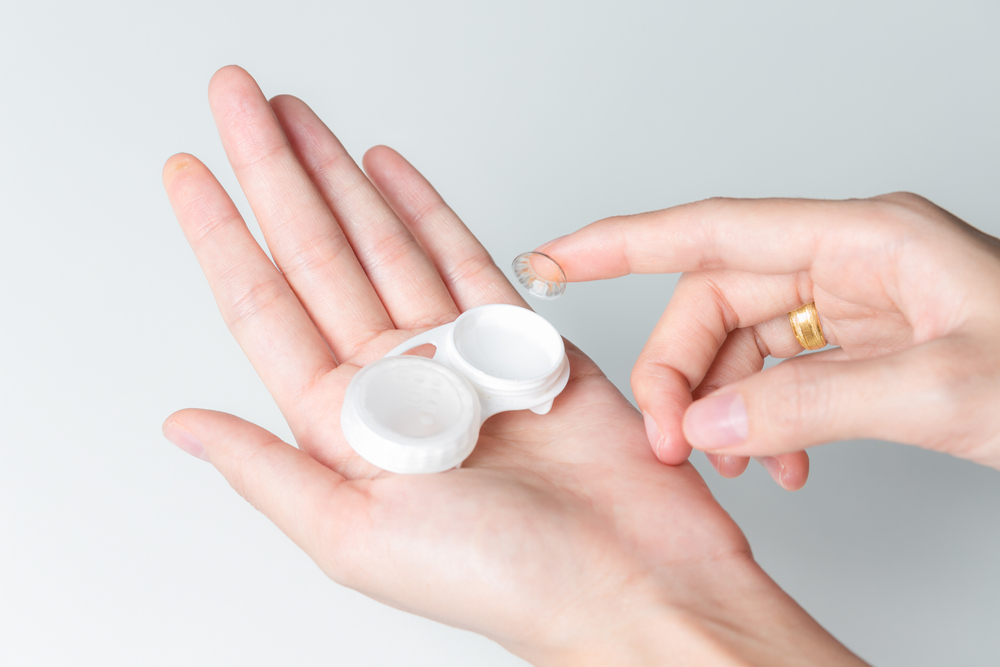
Contact lenses have various measurements, with the base curve, diameter, and power being the main ones. Other prescriptions include axis and cylinder. Some people also have color in their prescriptions.
Your eye doctor should give a prescription when you visit them for an eye test. You can purchase your contacts from anywhere with what your specialist gives you. It is essential to note that your contact lenses and eyeglass prescriptions are different. The tests your optician does for each are different. You cannot convert one for the other. Read below to know how to read your contact lens prescription.
Abbreviations and Symbols to Understand
Below are the abbreviations you will see:
OD - Right eye
OS - Left eye
OU - Both eyes
DIA - Diameter
BC - Base Curve
SPH – Sphere, also referred to as PWR or Power
Brand - The type or brand of contact lenses used
AX - Axis
CYL - Cylinder
ADD - Extra Strength or Add Power
Power
The power of your contact lenses shows the correction level to provide a sharp and correct vision. You should get 20/20 vision from the ideal level. A prescription with a minus sign means that you have myopia or shortsightedness. If it has a plus sign, you have hyperopia or are farsighted. If the number is high, it means your prescription is strong.
Base Curve
The base curve ensures the appropriate fit of the contact lens as it relates to how your cornea gets curved. The measurement is in millimeters; if it is a low number, your corneal curve is steeper—for example, BC 8.4.
Diameter
The diameter is in millimeters and measures the contact lens length. You can experience irritation if you wear the wrong diameter measurement. The measurement ensures the lens covers your eyes correctly.
Cylinder
Your contact lenses will have a cylinder value for your prescription if you have astigmatism. It measures the degree of astigmatism and the curvature of your eye structures. The measurement has a minus sign.
If you do not see this, you have no astigmatism—you are short- or long-sighted. If you have astigmatism, you will read a value with an axis in that box. For example, the left eye or right eye may read -2.25.
Axis
Your prescription can only have an axis if you have astigmatism. The measurement is in degrees and helps compensate for the spherical shape of the cornea. The axis shows what orientation the power of your cylinder ought to sit.
Add
The add written as a plus sign and in diopters shows the magnifying power of the multifocal contact lenses. It helps with close work and reading. The additional can read as Medium, Low, High, or the value of the power itself. It shows as a +value—for example, ADD LOW.
Color
You can also see the contact lens color written on the package if you opted for colored contact lenses. Ideally, the color can differ from one individual to another, depending on your natural eye color.
Ideally, read the expiration date before wearing your contact lenses to avoid eye irritation.
For more about contact lens prescriptions, call Ocean Park Optometry at (310) 452-1039 to reach our office in Santa Monica, California.












